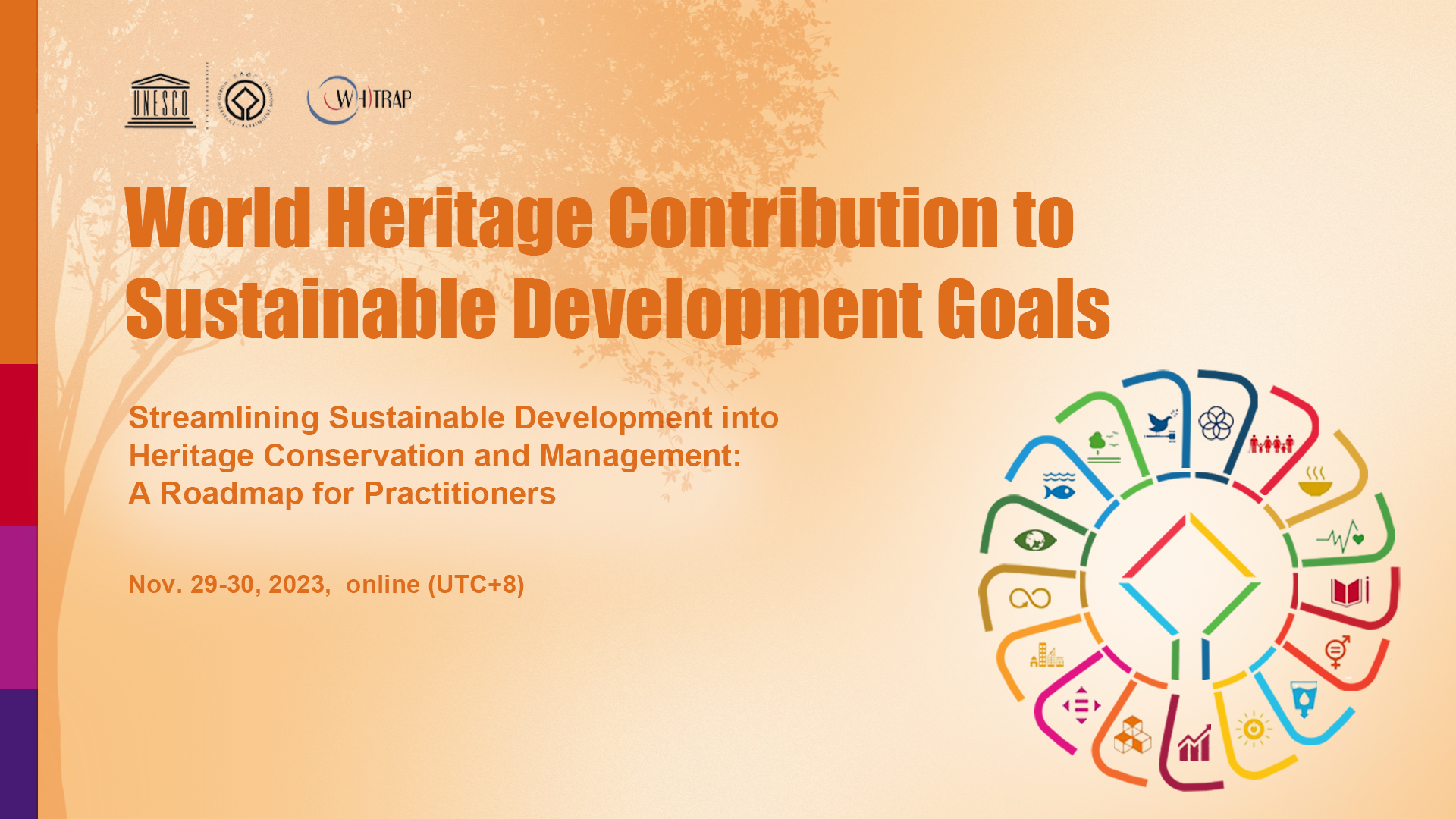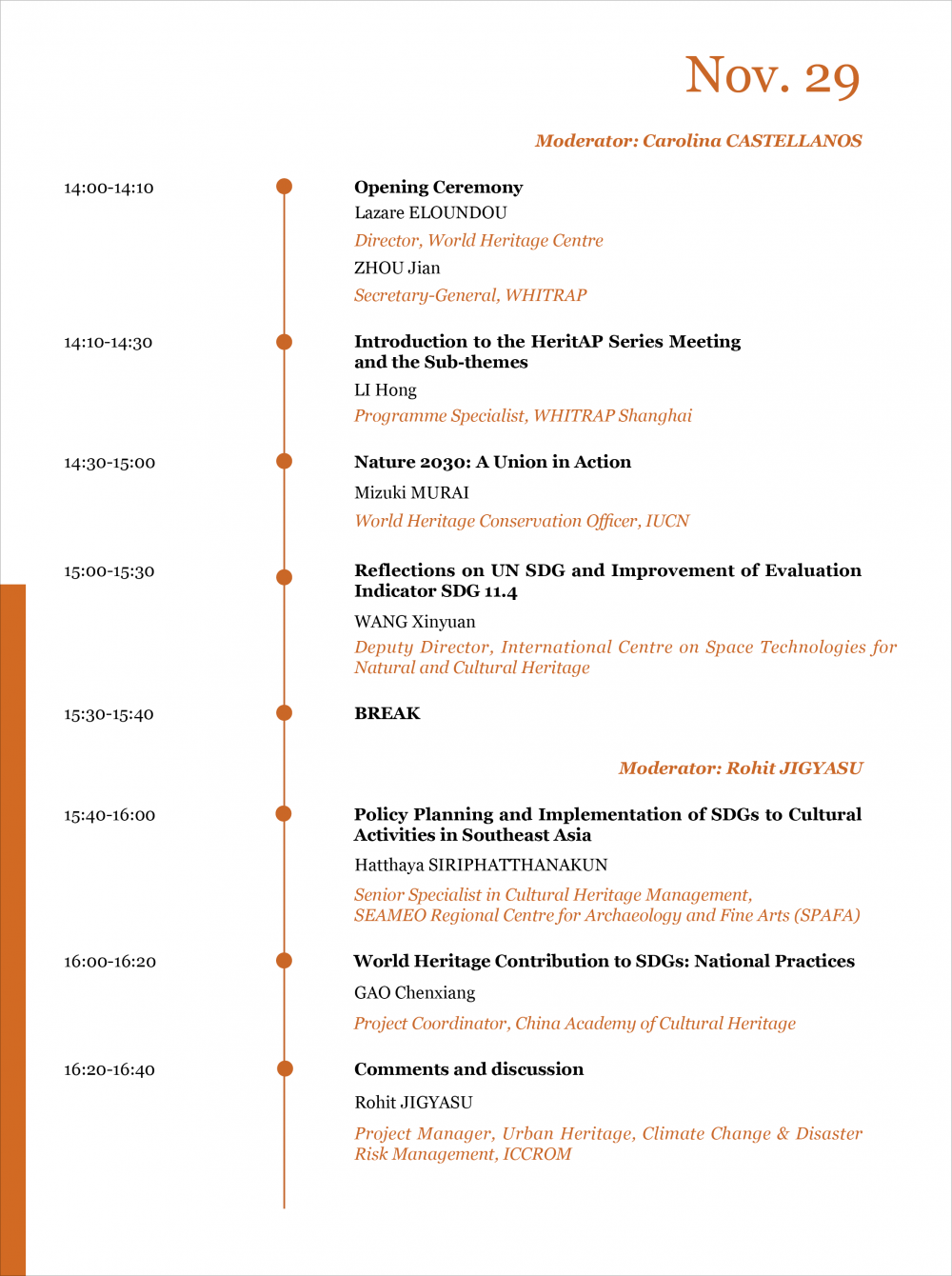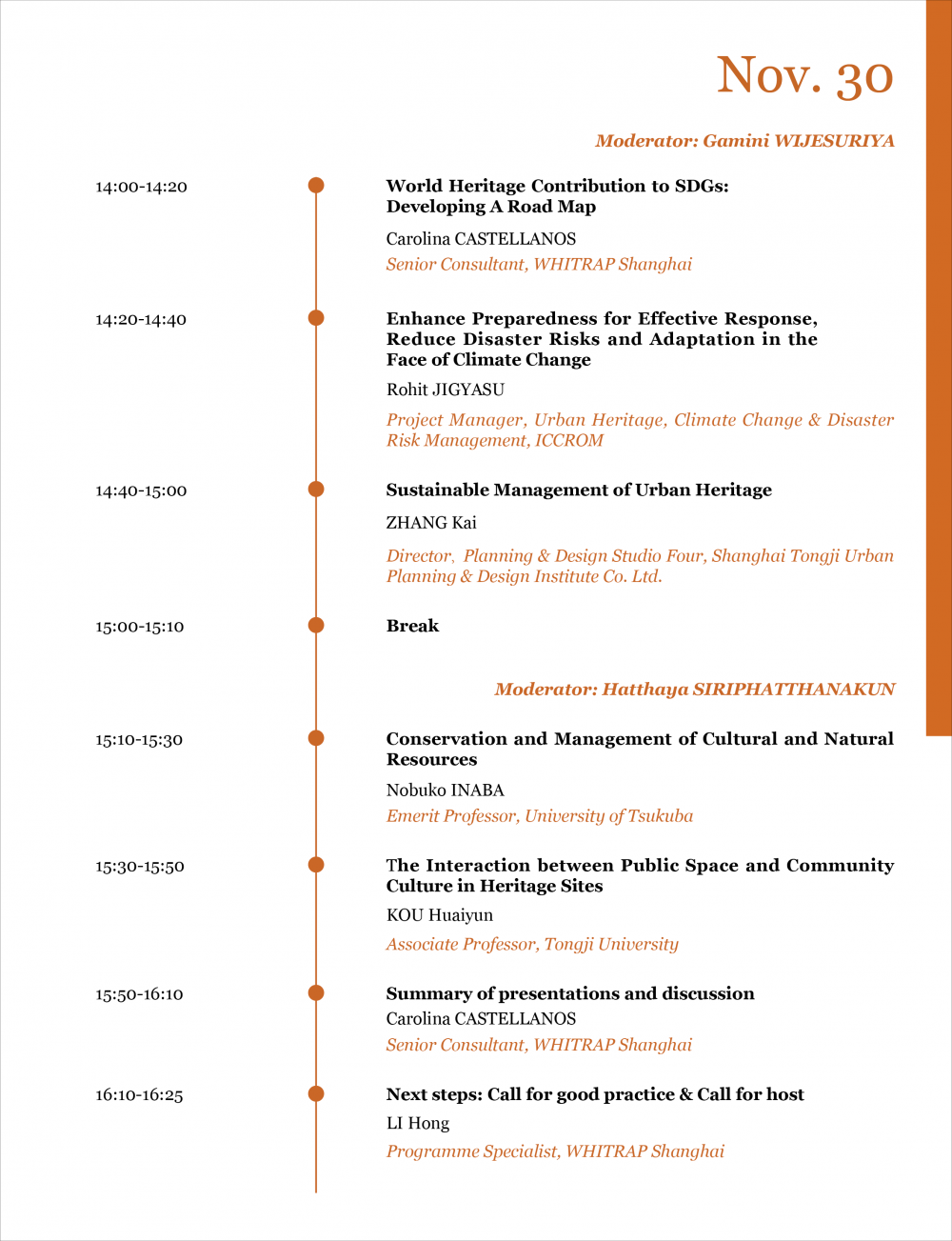
Introduction
The debate on the relationship between conservation and sustainable development has taken centre stage within the heritage sector and notably in the context of the World Heritage Convention. In the face of growing global challenges and diminishing resources, and with the inscription of more than 1000 properties on the World Heritage List, the need to integrate sustainable development within the practice of the 1972 Convention has emerged strongly over the past decade. This led to the adoption in 2015 by the General Assembly of the States Parties to the World Heritage Convention of a Policy on the Integration of a Sustainable Development Perspective into the Processes of the World Heritage Convention (the 2015 Policy).
The overall goal of the 2015 policy is to assist States Parties, practitioners, institutions, communities, and networks, to harness the potential of World Heritage properties and heritage in general, to contribute to sustainable development and therefore increase the effectiveness and relevance of the Convention.
In this respect, four transversal thematic dimensions are set:
(i) Environment & Resilience,
(ii) Prosperity & Livelihoods,
(iii) Knowledge & Skills,
(iv) Inclusion & Participation.
Despite this progress, significant challenges still exist in understanding the implications of integrating sustainability driven approaches in heritage management, in tailoring management and governance arrangements under such approaches and in maintaining responsiveness to multicultural diverse contexts.
In order to support the 2015 Policy and Culture 2030 Indicators, through the network of Heritage Practitioners in Asia and the Pacific (HeritAP), WHITRAP Shanghai has structured a six-year project that includes research, professional exchange meetings and field studies. The overarching aim of the project is to better illustrate the above-mentioned UNESCO documents, identify good practices in World Heritage properties and on the Tentative List, and create appropriate tools for site managers to streamline recommendations for the effective use of heritage as a driver for sustainable development.
To get more information of the HeirtAP annual meeting, please click:  FINAL Booklet
FINAL Booklet
Organizers
- World Heritage Institute of Training and Research in the Asia and the Pacific Region, Shanghai (WHITRAP Shanghai);
- College of Architecture and Urban Planning, Tongji University;
- Shanghai Tongji Urban Planning and Design Institute Co. Ltd.
Programme


